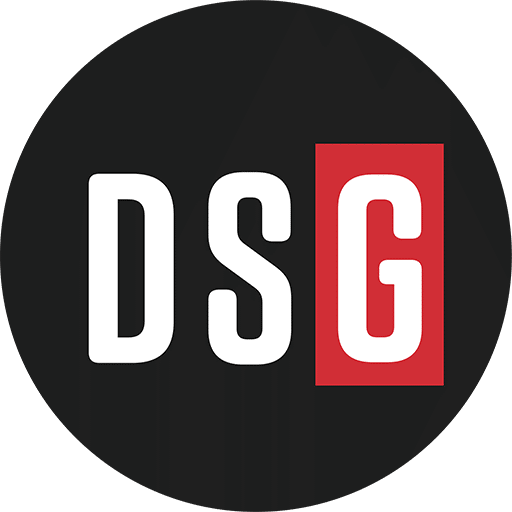Lowe’s Cos. used its third-quarter earnings call to emphasize how artificial intelligence, growing engagement from professional contractors and the integration of Foundation Building Materials (FBM) are shaping its strategy heading into 2026.
President and CEO Marvin Ellison said the company’s generative AI tools are now embedded across both customer-facing and internal workflows. Lowe’s virtual assistants — Mylow and Mylow Companion — built on OpenAI technology, are “answering nearly 1 million questions per month about everything from product specs to project know-how to the status of a customer order.” Ellison said customer behavior is clearly shifting: “When our customers engage with Mylow online, the conversion rate more than doubles,” and when associates use the in-store assistant, “we’re seeing customer satisfaction scores increase 200 basis points.”
Ellison added that Lowe’s engineers are now using AI for “development and code review,” which has led to “double-digit productivity gains.” The retailer was also recognized by OpenAI for reaching a significant usage milestone. “Lowe’s has just been recognized by OpenAI with their 100 billion token milestone award,” Ellison said, calling it evidence of the company’s “depth and breadth of AI adoption throughout the organization.”
He said the company has “a detailed road map of several additional high-impact AI initiatives” to expand digital capabilities for Pro and DIY customers and support “our participation in agentic commerce.” Lowe’s also expects “incremental productivity gains as we leverage AI to drive operating efficiency across the enterprise.”
The retailer reported another quarter of growth from small to medium-sized Pros, a key priority in its Total Home Strategy. Ellison said Lowe’s Pro extended aisle — which connects directly to supplier systems — “allows our Pro sales associates to sell directly from their product catalogs with the suppliers opting [and] fulfilling their orders directly to the job site,” expanding the company’s assortment, inventory depth and large-order delivery capabilities.
Pro confidence remains steady, Ellison said. “Roughly 75% of our Pros are very confident in their job prospects,” and this segment continues to focus on “smaller ticket repair and maintenance projects.” Joseph McFarland, executive vice president of stores, added that Pros “are taking advantage of our enhanced digital capabilities as they shift to more shopping online.”
The company closed on its acquisition of FBM in October, positioning Lowe’s to offer a broader range of interior building materials and improve fulfillment in dense urban markets. Ellison described FBM as “a leading distributor in interior building products,” with strengths in commercial and residential work. He said the deal “gives us a more comprehensive product portfolio, expands our revenue streams and further enhances our offering to our Pro customers.”
Integration is already underway. “Efforts are already in place to quickly connect FBM’s product catalog to our Pro extended aisle,” Ellison said, while FBM customers will gain access to Lowe’s lineup of tools, safety gear, and fasteners. The distributor’s 370 locations “strengthens our fulfillment capabilities, especially in high-density urban markets in California, the Northeast and the Midwest, where Lowe’s has less of a physical store presence.”
He also pointed to early signs of momentum in FBM’s commercial pipeline, citing wins across data centers, a luxury high-rise, and medical facilities, supported by the distributor’s “strong reputation for reliability and technical expertise.”
As Lowe’s moves into 2026, Ellison said the company’s AI investments, Pro initiatives and acquired platforms will remain central to its competitive positioning. “Achieving this milestone places Lowe’s in an elite tier of companies that are not just experimenting with AI, but operating at a true enterprise scale,” he said.
The home-improvement chain reported $1.6 billion in net earnings for the quarter ending Oct. 31, down 4.7% from the $1.7 billion it earned a year earlier.
Total sales rose 3.2% to $20.81 billion, up from $20.17 billion a year ago.
Don’t miss any content from Distribution Strategy Group. Join our list.


